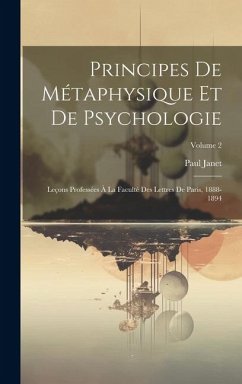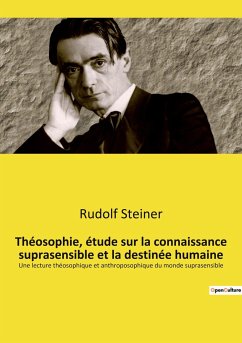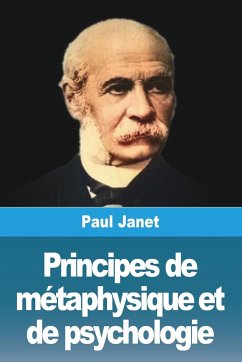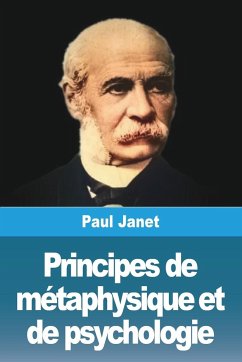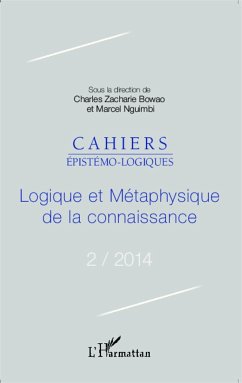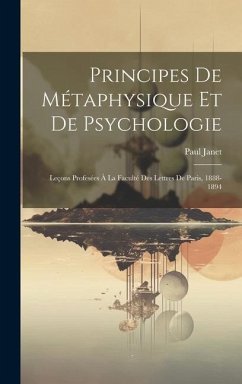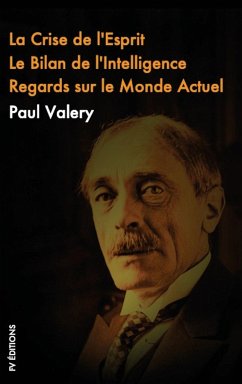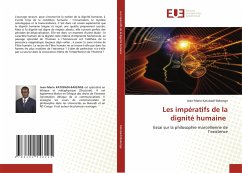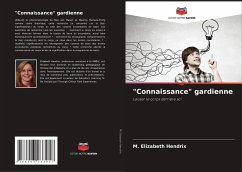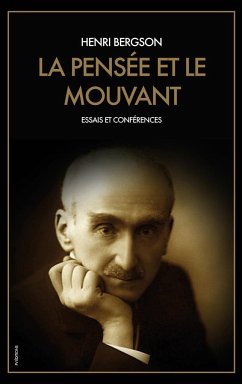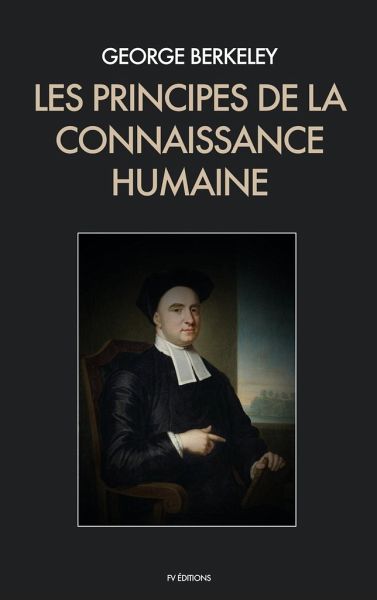
Les Principes de la Connaissance Humaine
Versandkostenfrei!
Versandfertig in 1-2 Wochen
17,99 €
inkl. MwSt.

PAYBACK Punkte
9 °P sammeln!
Le principe de toutes les théories de Berkeley, principe qu'il aperçoit et formule avec une lucidité singulièrement précoce, c'est que l'esprit humain est encombré d'idées abstraites confuses, d'où viennent toutes les difficultés où s'embarrassent philosophes, mathématiciens, théologiens, non sans préjudice pour le commun des hommes : si l'on réussit, par une vigoureuse et méthodique analyse critique, à les réduire, à écarter tout ce qui n'y est que langage, artifice, habitude et préjugé, à ressaisir enfin la réalité à sa source première, telle qu'elle se révèle à ...
Le principe de toutes les théories de Berkeley, principe qu'il aperçoit et formule avec une lucidité singulièrement précoce, c'est que l'esprit humain est encombré d'idées abstraites confuses, d'où viennent toutes les difficultés où s'embarrassent philosophes, mathématiciens, théologiens, non sans préjudice pour le commun des hommes : si l'on réussit, par une vigoureuse et méthodique analyse critique, à les réduire, à écarter tout ce qui n'y est que langage, artifice, habitude et préjugé, à ressaisir enfin la réalité à sa source première, telle qu'elle se révèle à une conscience prudente et ingénue, un monde tout spirituel apparaît, d'où nous n'avons nul moyen et nul besoin de jamais sortir, et qui suffit à la science et à la foi comme à la vie commune. Cette réalité spirituelle, Berkeley va l'analyser avec l'ingéniosité la plus subtile et la plus hardie, en prétendant constamment rester d'accord avec le sens commun, bien plus, se ranger du parti des simples contre les philosophes, et s'appuyer sur le fonds solide des vérités pratiques.





